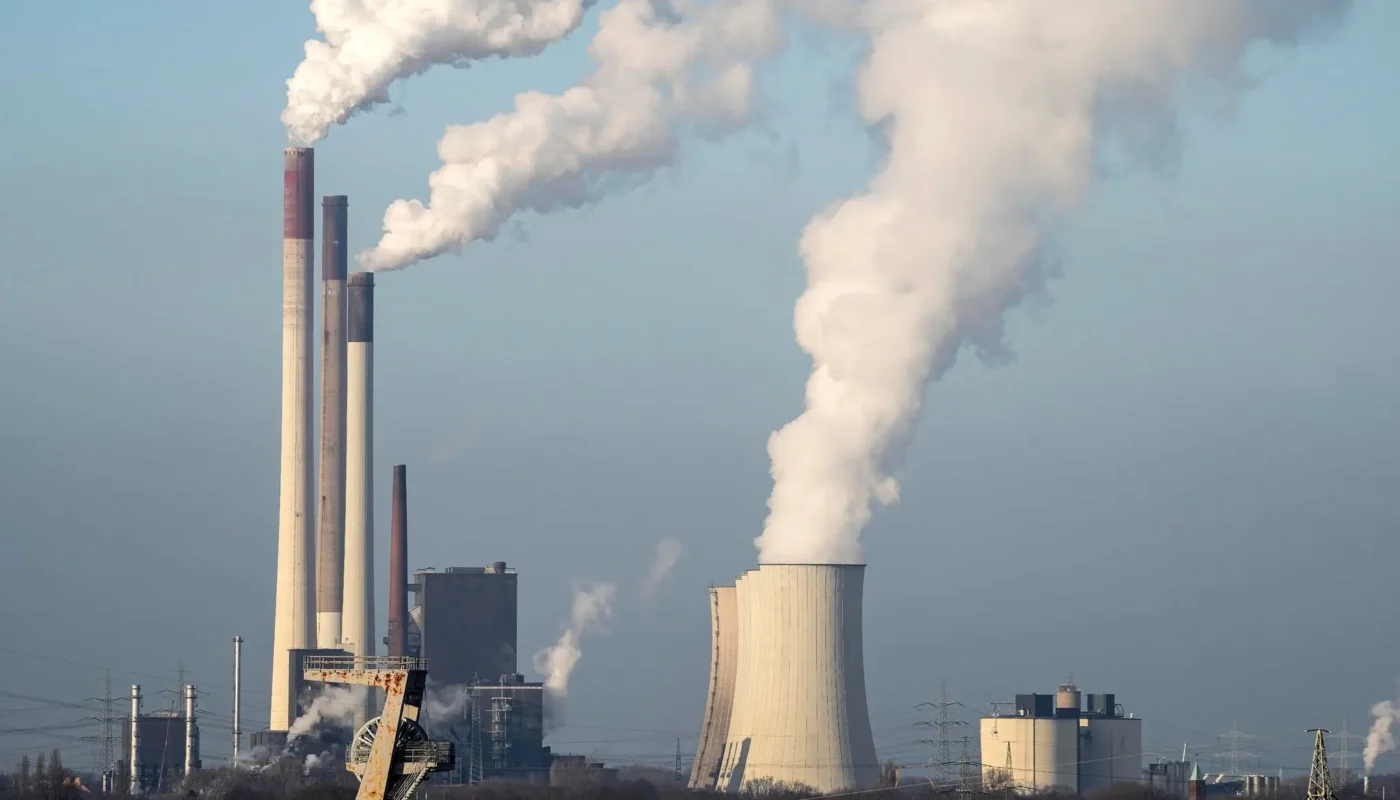The impact of climate change is becoming increasingly evident in Greece, particularly in the agricultural sector. Olive farmers in the country are experiencing the detrimental effects of the absence of a deep winter, leading to a decline in olive production. Greek organic farmer Zaharoula Vassilaki, who owns a property with a centuries-old olive tree, believes that the changing climate is proving too challenging for the trees to cope with.
In the Halkidiki region of Polygyros, northern Greece, temperatures in mid-November were still well above the seasonal average, reaching over 15 degrees Celsius (59 degrees Fahrenheit). Nikos Anoixas, a board member of Doepel, the Greek national interprofessional organization for table olives, states that this change in climate is the primary challenge affecting olive production this season. He points out that temperatures should normally be around 10 degrees Celsius at this time, indicating that the year is already lost, and there are concerns that next year will follow a similar pattern.
Vangelis Evangelinos, a long-time olive grower from Halkidiki, states that he has never experienced such adverse weather conditions or such a poor crop in all his years of farming. He explains that the region has been hit by intense but brief rainfall, which is the opposite of what is needed to enrich the soil. Approximately six million olive trees in the region have been affected by the warm weather, resulting in a decreased yield.
The effects of climate change on olive production are not confined to Greece. Italy and Spain, the European Union’s olive production giants, have also faced similar challenges, leading to an increase in prices. Spain, the world’s largest producer of olive oil, has suffered from difficult weather conditions this year, including a drought. In Italy, olive harvest estimates for this year show a decrease of around 80 percent compared to previous years.
The European Union predicts that global olive oil production will drop by more than 26 percent in 2022-2023 compared to the previous year, with a 39 percent decrease expected within the EU itself. The impact of climate change on olive production is evident, as the trees require a winter period of rest to yield a good crop. According to Athanassios Molassiotis, an agronomist and head of the arboriculture lab at Aristotelio University, the increase in temperature during the winter months has prevented the olive buds from flowering, resulting in a lack of fruit.
Halkidiki, which accounts for approximately half of Greece’s edible table olives, has seen the crop shortage reach over 90 percent in some cases. This has had a devastating economic impact on local growers, with estimates suggesting a loss of around 200 million euros ($237 million) in Halkidiki prefecture alone. Many growers have chosen not to harvest their estates due to the low crop yields.
The impact of climate change on the olive industry in Halkidiki is expected to worsen in the future. A climate change study conducted by Aristotelio University predicts an increase in the local average temperature by 1.5-2 degrees Celsius in the coming years, with the worst-case scenario projecting an increase of three degrees. The study also highlights a decrease in rainfall, leading to potential implications for fruit quality. Additionally, the region’s reliance on water resources for tourism further strains the availability of water for olive cultivation.
Efforts are underway to address the challenges posed by climate change. The Halkidiki chamber is collaborating with Aristotelio University to develop a variant of the local olive variety that requires less wintry weather. The study’s author, Christina Anagnostopoulou, emphasizes the need to learn and prepare for climate change to mitigate its effects on agriculture. The changing climate not only threatens olive production but also impacts the local economy and livelihoods of farmers in the region.
*Note:
1. Source: Coherent Market Insights, Public sources, Desk research
2. We have leveraged AI tools to mine information and compile it




